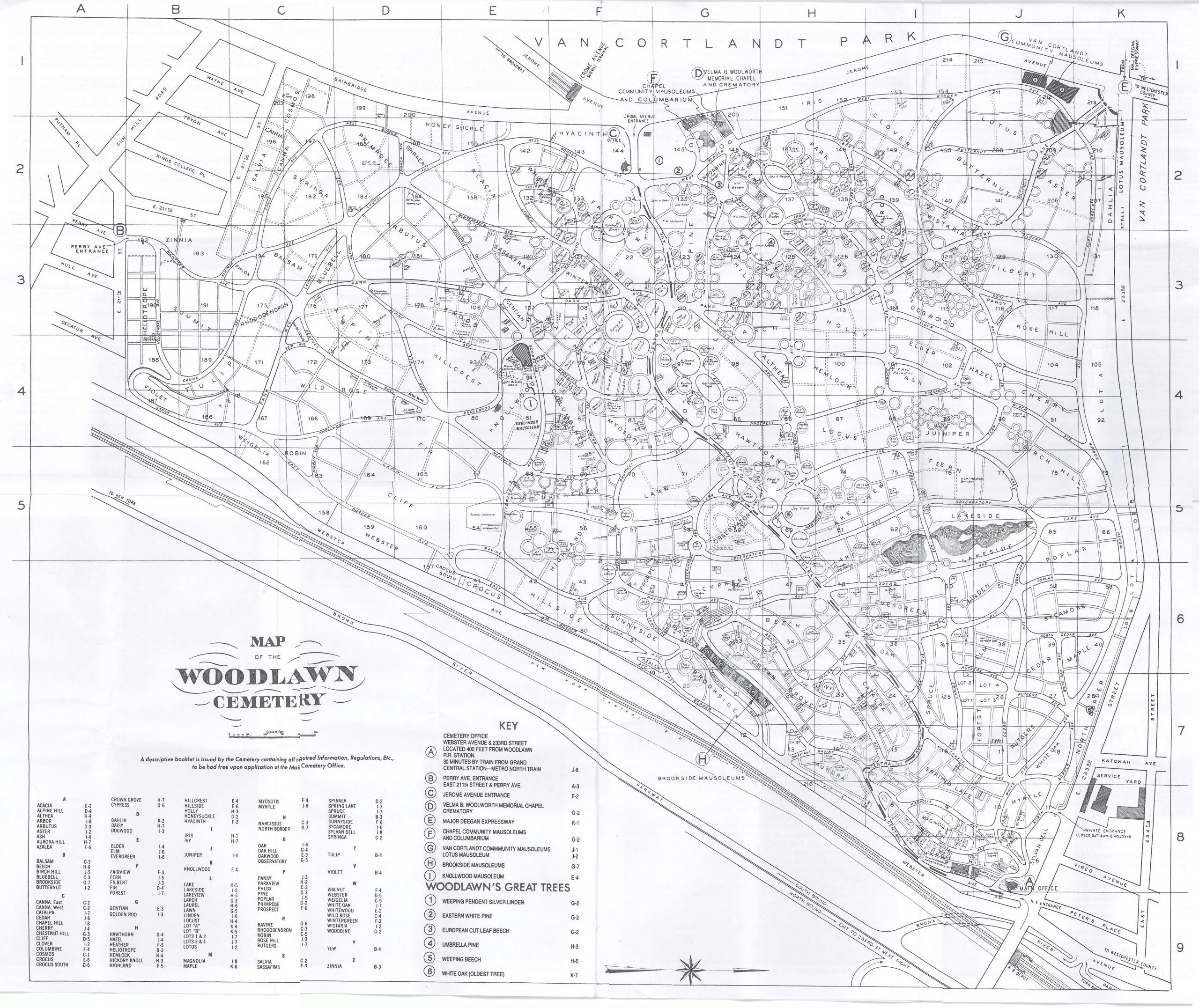Charles Gulden
AKA:
The Father of American Mustard
Birth Name:
Charles Gulden
Birth Date:
September 23, 1843
Birth Place:
New York City, New York
Death Date:
August 15, 1916
Place of Death:
318 W 102nd Street, New York, New York
Age:
72
Cause of Death:
Extended illness
Cemetery Name:
Woodlawn Cemetery
Claim to Fame:
Business and Finance
Charles Gulden is known as "The Father of American Mustard" and the founder of Gulden's. Gulden's is the third largest American manufacturer of mustard, after French's and Grey Poupon. It is the oldest continuously operating mustard brand in the United States. Gulden's mustard won awards in 1869 and 1883. It also earned awards at the World's Columbian Exposition, Chicago 1893, the Exposition Universelle, Paris 1900, the Sesquicentennial International Exposition in Philadelphia in 1926, and the Napa Valley Mustard Festival in 2005. Charles Gulden's grave can be found within the impressive Gulden mausoleum at Woodlawn Cemetery in the Bronx.
Cemetery Information:
Final Resting Place:
Woodlawn Cemetery
4199 Webster Avenue
Bronx, New York, 10470
USA
North America
Map:

Woodlawn Cemetery in the Bronx, New York
Grave Location:
Hickory Knoll, Section 126Grave Location Description
From the Jerome Avenue entrance, drive straight ahead and then turn left on Park Avenue. Drive a short distance and turn left again on Spruce Avenue. Park at the intersection of Spruce Avenue and Hickory Avenue and the Gulden mausoleum can be found at the intersection on the road.
Grave Location GPS
40.891079, -73.876442Photos:
[+]
[+]
[+]
[+]
[+]
[+]
[+]
[+]
[+]
[+]
FAQ's
Charles Gulden was born on September 23, 1843.
Charles Gulden was born in New York City, New York.
Charles Gulden died on August 15, 1916.
Charles Gulden died in 318 W 102nd Street, New York, New York.
Charles Gulden was 72.
The cause of death was Extended illness.
Charles Gulden's grave is in Woodlawn Cemetery
Read More About Charles Gulden:
Videos Featuring Charles Gulden:
See More:
Back to Top





